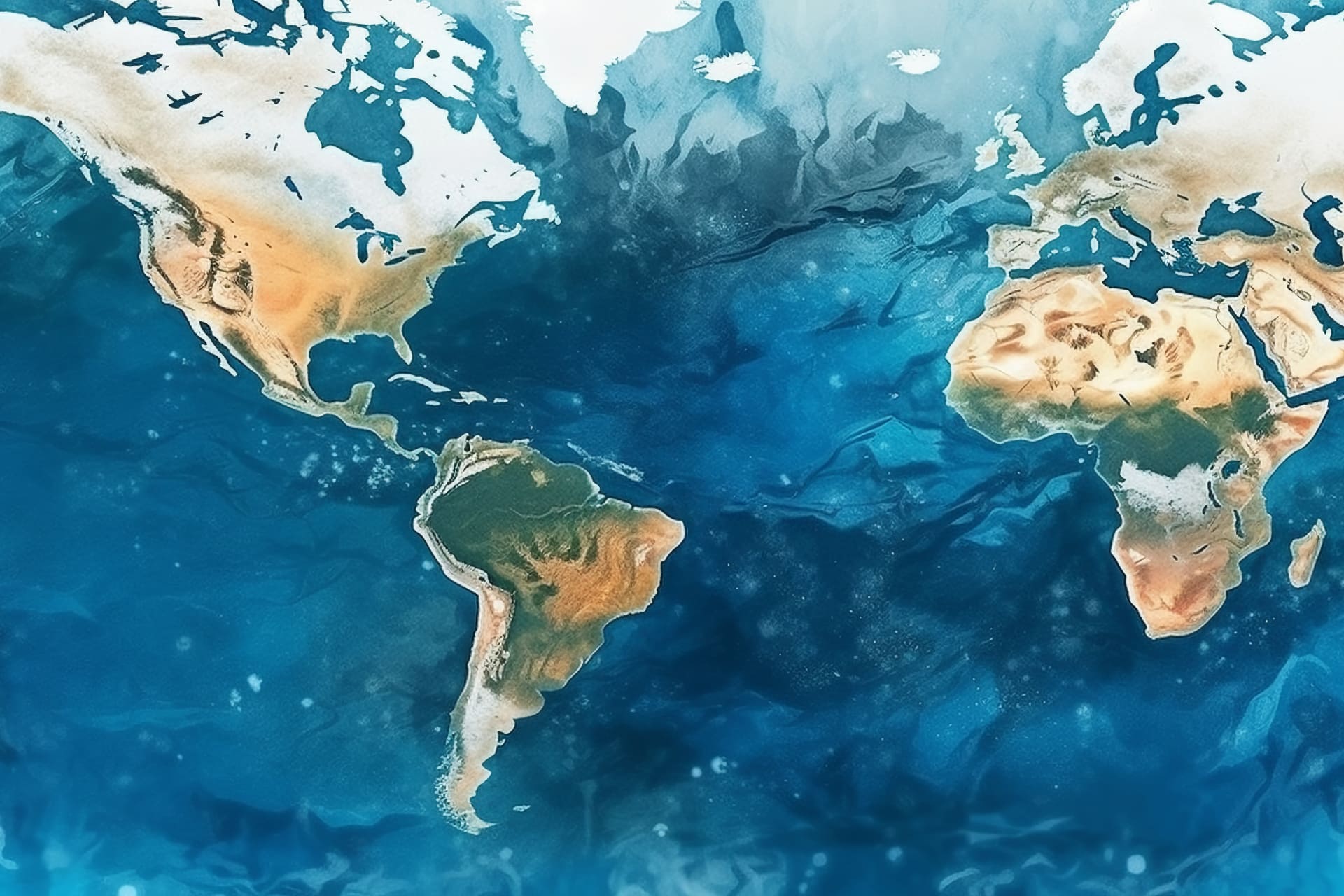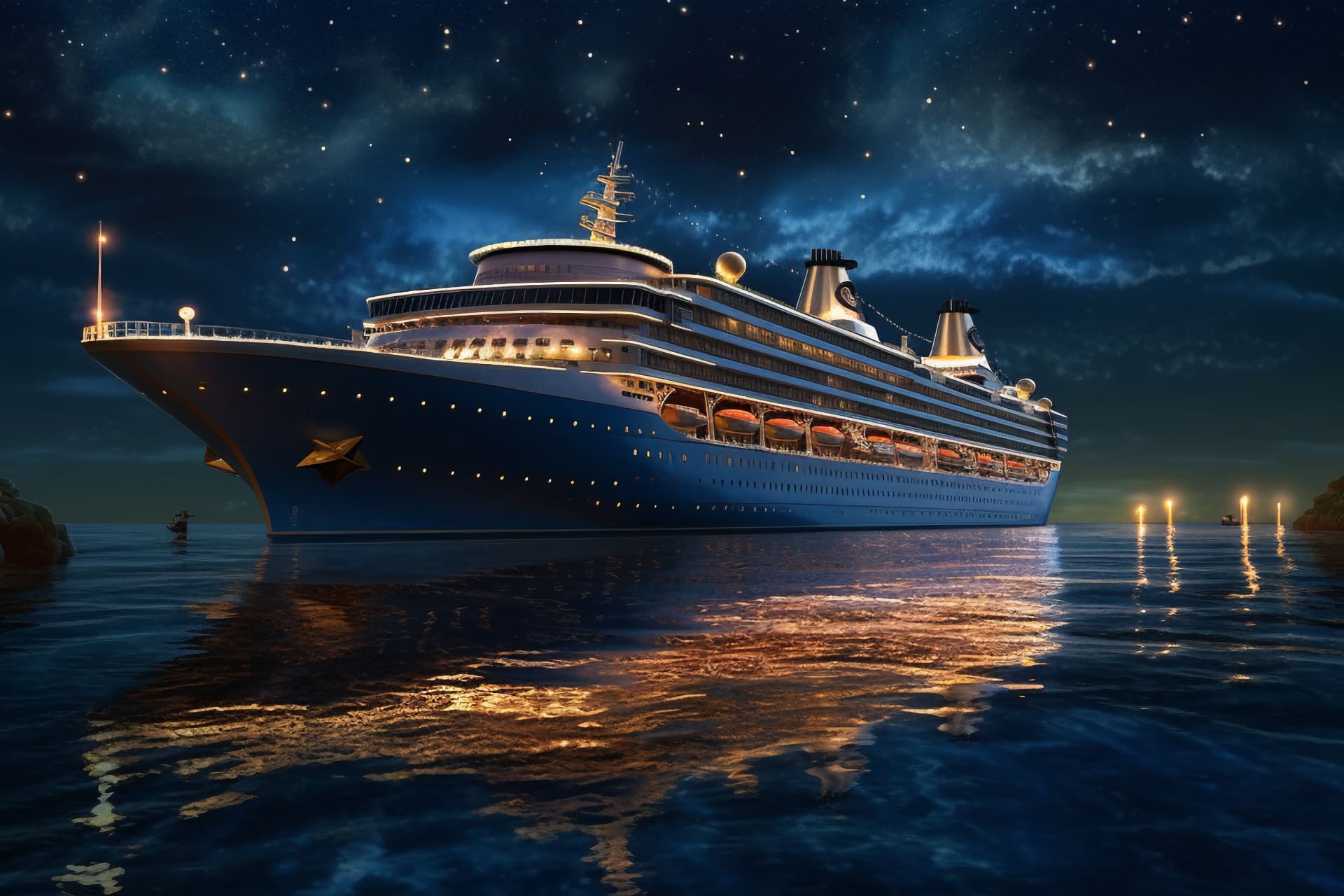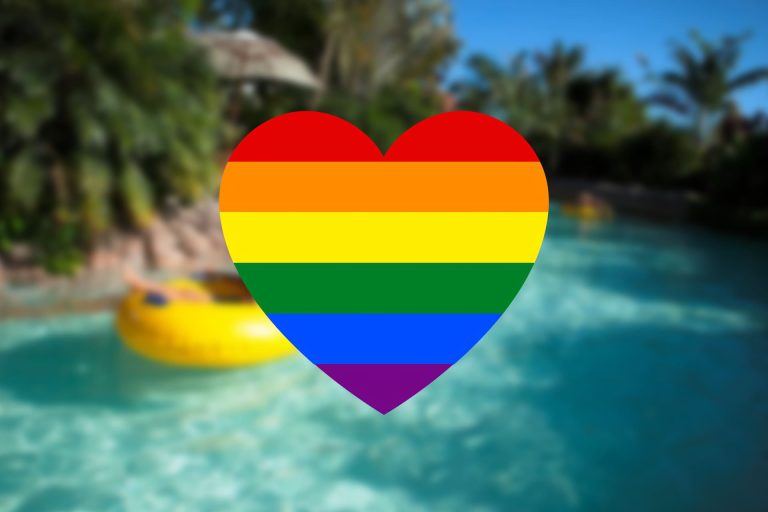Navigating the Unknown: The Intriguing Realm of International Waters
When it comes to travel destinations, people usually think of famous cities, exotic islands, or breathtaking landscapes within national borders. But what about the vast, unclaimed spaces that fall outside of these boundaries? Enter the mysterious and intriguing realm of international waters. This is a unique space where the usual rules may not apply, and where the unknown often collides with human ambition, leading to some truly peculiar stories.
Understanding International Waters
International waters, also known as the high seas, are all parts of the sea that are not included in the exclusive economic zone (EEZ), territorial sea, or internal waters of any country. They cover nearly 64% of the ocean's surface, and 95% of its volume, and are subject to specific legal regulations under international maritime law.
In international waters, no state has sovereignty. These waters are open to all states, whether coastal or land-locked. Freedom of the high seas is exercised under the conditions laid down by the United Nations Convention on the Law of the Sea (UNCLOS) and other international law.

Some Curious Tales from International Waters
Over the years, international waters have been the stage for some intriguing, ambitious, and downright bizarre human endeavors. Here are a few notable examples.
The Republic of Minerva
In 1971, an American millionaire, Michael Oliver, attempted to establish his own country on the Minerva Reefs in the Pacific Ocean. He even claimed to have his own currency and national flag. However, his project was nipped in the bud when the Kingdom of Tonga laid claim to the reefs and staged a military occupation.
The Principality of Sealand
In 1967, British radio broadcaster Roy Bates seized an abandoned military platform in the North Sea and declared it an independent state named the "Principality of Sealand". He even issued his own stamps and coins. The UK attempted to dispute Sealand's status, but due to complexities of international maritime law, was unable to do so. Sealand still exists to this day, although its status as an independent state is not recognized by the international community.
The Free Republic of Liberland
In 2015, Czech politician and activist Vít Jedlička declared a new microstate "Liberland" on unclaimed land between Serbia and Croatia. Jedlička's aim was to create a country where laws would be optional and taxes voluntary. Despite not receiving international recognition, Liberland continues to draw attention with its ideas about freedom and self-governance.
"Casino Cruises"

During the Prohibition era in the US and before the legalization of casinos in many parts of the world, so-called "casino cruises" were a popular way to circumvent gambling bans. Ships would sail into international waters, where anti-gambling laws didn't apply, allowing passengers to play poker, roulette, and other games of chance without restrictions.
The Seasteading Project
In 2008, Peter Thiel, co-founder of PayPal, and Patri Friedman, grandson of economist and Nobel laureate Milton Friedman, launched the "Seasteading" project. The aim was to create floating cities in international waters, free from government regulations and capable of experimenting with new forms of societal structure. Although the project has yet to be realized, it sparked lively discussions about the possibilities and challenges of creating such "open sea utopias".
The realm of international waters remains a fascinating space, both in reality and in the human imagination. Its unique legal status and the vastness of unclaimed territory it represents have inspired and continue to inspire ambitious projects and curious tales that remind us of the endless human endeavor to explore, claim, and even create new spaces for adventure and possibility.
Maritime "Ghost Ships"
The mystery of abandoned vessels drifting aimlessly in international waters has always intrigued marine enthusiasts and conspiracy theorists alike. These so-called "ghost ships" often have no living crew onboard, and their origins can be difficult to trace. One famous example is the MV Lyubov Orlova, a Yugoslavian-built cruise ship that was abandoned and set adrift in the North Atlantic in 2013. It has been spotted intermittently since then, but its current whereabouts remain unknown.
Pirate Radio Stations

In the 1960s and 70s, several offshore pirate radio stations operated in international waters, broadcasting to countries where the airwaves were strictly controlled. These stations, such as the UK's famous Radio Caroline, broadcast from ships or disused sea forts, providing audiences with pop music that was not available on mainstream channels.
Freedom Ship
In the late 1990s, the concept of the "Freedom Ship" was proposed - a floating city that would continuously circumnavigate the globe, staying in international waters to avoid any national jurisdiction. The ship was designed to accommodate 50,000 permanent residents, with its own schools, hospitals, businesses, and even an airport on the deck. However, due to the enormous cost and logistical challenges, the project has not yet come to fruition.
In conclusion, the limitless expanse of international waters holds a unique allure for the intrepid traveler and the audacious dreamer alike. It’s a space where the unconventional becomes the norm, and where the rules of the land give way to the rules of the sea. As we continue to explore these vast, unclaimed spaces of our planet, who knows what fascinating tales will emerge from the depths of the high seas in the future? From curious micro-nations to floating utopias, international waters continue to captivate our imaginations with their mysterious and untamed charm. So next time you look out at the horizon, remember: there's more to the ocean than meets the eye!



